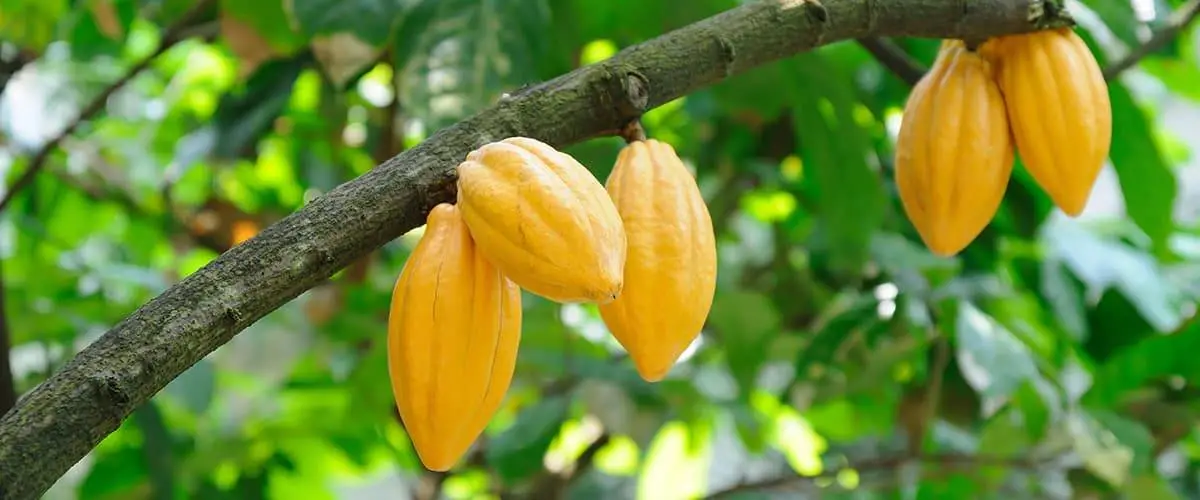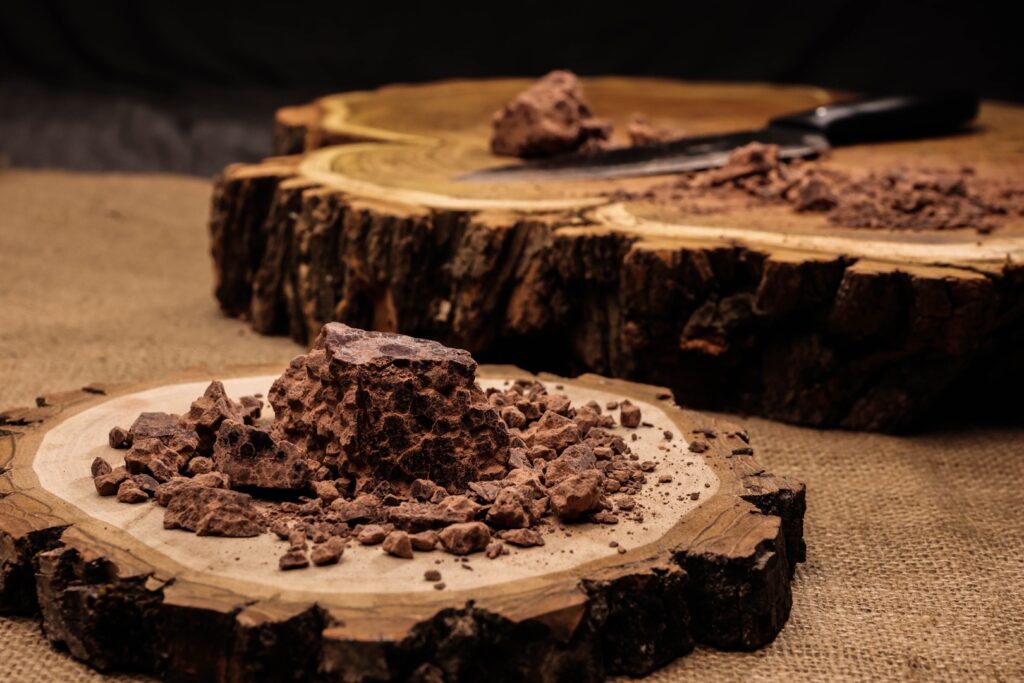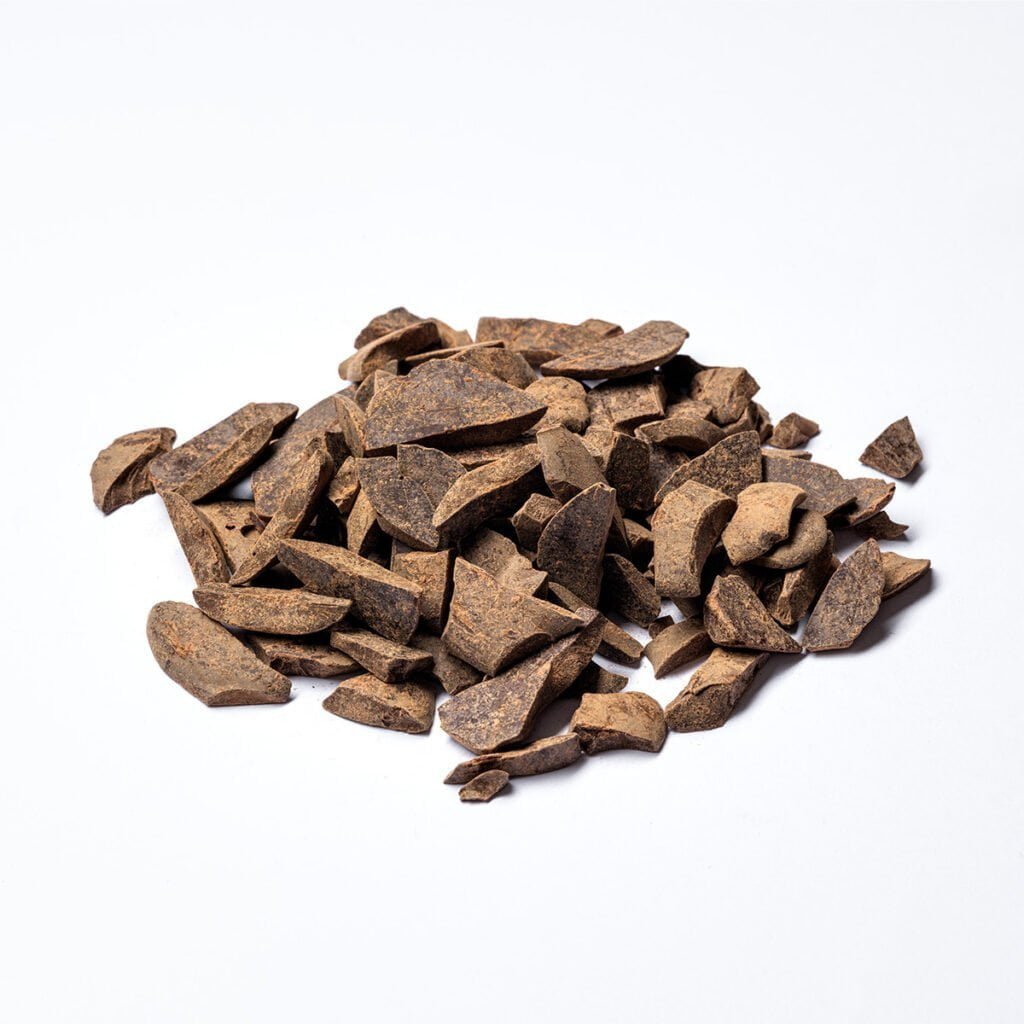Bio cacao, organic cacao made-up cacao?

Featured products Learn more about our offer
View products
In grocery stores, supermarkets, and health food stores, as well as on the Internet today, we come across products that are advertised as “organic,” “bio” or “organic.” The terms, by the way, are many, but their meanings sometimes vary widely. And while it’s hard to make generalizations, at least some of the goods sold under such “green” trendy names aren’t much different from the rest. How to choose and what to choose? What to watch out for? These and other questions about our consumer lives are becoming increasingly important for our health, as well as for our wallets. Unfortunately, there is no one-size-fits-all answer to this problem – except, perhaps, that it’s worth checking, whenever possible, whether what you’re buying is really better than the (much cheaper) product on the shelf next to you.
Therefore, especially for cacao lovers, we decided to look at sources on products such as organic cacao, organic cacao and organic cacao. While we do not have a way to check the actual quality of these products, information on how these “green” products differ from others should be widely available. Perhaps it’s worth paying a little more and going for an organic product? Is it worth buying organic cacao? What exactly is bio cacao? These and other questions are answered below. Curious if you are doing the right thing by drinking organic cacao?
So, let’s check it out!
Organic cacao – does it exist?
Today, bio cacao is available in most online and stationary stores. Packaged in green and grey eco-friendly materials, with a large “bio” sign visible from afar, it is sure to encourage many of us more than the classic products. But what does it really mean that a particular cacao is “organic”? To answer this question, we need to look at the issue of organic certification.
In the European Union today there is a system called “Bio Certificate”, which is based on a system of environmental standards with the complex identifier PN-EN ISO 14001:2015. The basic idea of the certificate, however, is simple: it is intended to testify to the high environmental standard of the conditions under which the goods were produced. On the basis of EU directives on organic, entrepreneurs can seek certification and, if they receive it, label their goods with the “bio” logo [1].

BIO cacao

Non-BIO cacao
However, if we examine who the “Bio Certificate” is intended for, we’ll find that it applies to everything except agricultural and food processing facilities. Yes – you can talk about bio travel agencies or bio banks, but not about products like cacao. But are you sure? If we look elsewhere, we find that there are also “Bio Certificates” for farmers [2], and “Bio” certificates operating only within Poland [3]. So it seems that “bio” certifications attesting to eco-friendliness exist in abundance today. In addition, the mere name “bio” on the package does not prove that the product is organic [2]! To identify that a product is certified, you need to find the logo of the relevant certification on the product, not the term itself such as “bio” or “eco.” But in that case, which certificate to look for? One can get lost!
If we look at the range of organic cacao on the Internet, we can find cacao certified by the European Union with a green leaf stamp. It seems that this cacao is the most trustworthy when it comes to organic standards. However, it’s easy to get caught up, because on the following pages, we come across cacao signed as bio… but no certification is mentioned by the manufacturer anymore. On the other hand, you can also find certified cacao products with completely unknown origins. If you stay with our article until the end, you will see that there is an easier way to buy good quality, real cacao! But now let’s take on organic cacao.
What is organic cacao?
We already know that with organic cacao we have to be careful because instead of an organic product, we can get a product that is admittedly nicely packaged, but not in accordance with our expectations. And how is it with organic cacao? What does it really mean for something to be “organic”?
Organic food is food that has been produced without the use of pesticides and chemical fertilizers, and that has not undergone genetic modification [4]. So is it the same as organic food? It seems that yes, and even that organic certification is… exactly the same as “Bio-certified.” At least within Poland, the terms “organic,” “ecological” and “bio” are synonymous [5]! This would suggest that we should apply the same strategy to organic products: look for the green leaf and watch out for deception.
And how is it with organic cacao? Again, we may come across places where the term “organic” is used somewhat liberally, and accidentally purchase a product that hasn’t even stood next to a truly organic one. Also, in situations where we see that a product has a “bio” certificate – here, a certificate of “organic” or “ecological” – it’s still worth being cautious and checking whether we’re really talking about a European certification.
Not everything labelled as BIO is truly organic.
Buying food, including cacao, that is organic, healthy, does not leave a carbon footprint and does not harm the environment, is certainly a good choice. However, it is worth remembering that consumer fashion is a powerful tool for producers, and if it turns out that “organic cacao” is in greater demand than one without this magic word attached to it, many entrepreneurs will not hesitate to easily increase profits. The same goes for organic and organic cacao. Does this mean that there is no way to buy organic products? No, but we recommend caution and an informed choice based on reliable certifications, such as EU certifications. And how is it with ceremonial cacao, which you can find here?
Ceremonial cacao
Ceremonial cacao, also known as real cacao, is a product that you can be sure is 100 percent cacao bean product. In our store, we import cacao from all parts of the world and make sure that it is certified cacao only. But the truth is painful: many farmers can’t afford to make a certificate, and they grow great organic cacao, with care from the very selection of the beans, through the growing and production process, to the final roasting. Rather than just looking pretty, we want our products to simply be of great quality. Such is the ceremonial cacao you will find with us. Try it for yourself!
